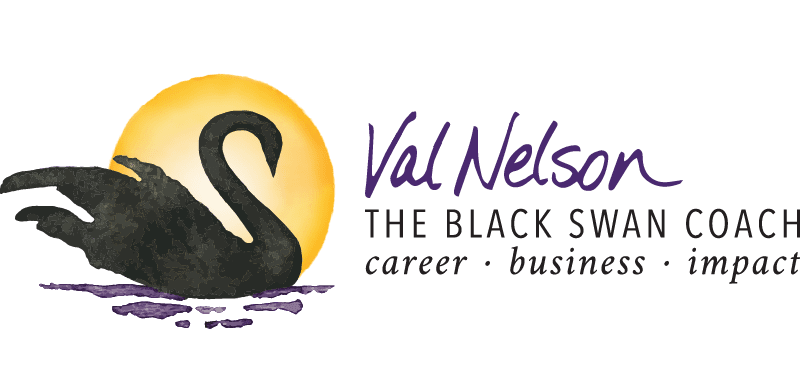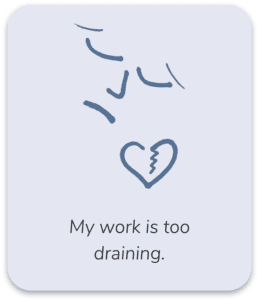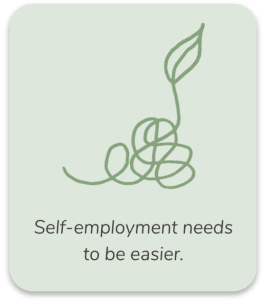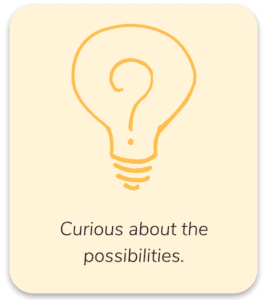I wish I didn’t hear this false thought so often as a career coach: “I don’t have real skills. They’re just soft skills.” I notice these are mostly women who have not felt valued for their strengths, such as connecting, empathy, advising, guiding, communicating.
This thought comes up a lot when someone is considering career transition and the whole thing is feeling hopeless. (Career or job transition is all-too-often hard on one’s sense of self-worth, but it doesn’t have to be.)
The truth is these so-called “soft” skills are valuable and in demand.
I question the term “soft skills” by the way because it could feed the idea that these relating and communication skills aren’t as valuable as so-called “hard skills.”
Actually the idea of “soft” should be a positive association, like “soft power” or like the importance of deep caring that we need more of in every part of life!! I guess I have mixed feelings about the term “soft skills.”

More Doubts about Your Soft Skills
A longer version of this self-deprecating thought sounds like this, and these are often highly sensitive people (HSP), like most of my career coaching clients:
“I only have soft skills which aren’t wanted, and besides, I don’t just want to do social work which can be so draining for me, plus it’s usually not paid well.”
Luckily when I get them to scratch the surface, they start to see the value of their strengths and how their strengths are valued and sought after in all kinds of businesses and organizations, in so many different roles.
It goes way beyond social work and just low paying. Examples: leader roles, roles that require teamwork, communications roles, and many more.
Proof of Soft Skills Being Marketable
- Soft Skills: The Competitive Edge, U.S. Dept. of Labor
- “72% of US Executives agree that soft skills are more valuable to their organization than AI skills.” ~ CEO of LinkedIn, based on a LinkedIn survey.
- Wikipedia page on Soft Skills contains good definitions and research to help you understand your soft skills, and how in demand they are and that employers struggle to find people high in soft skills.
Employers Struggle to Find People High in Soft Skills
In some of the research mentioned above, employers are struggling to find you, and perhaps you’re struggling the find them, so maybe it’s a communications issue.
When you start to understand your own strengths, and be able to describe them clearly with confidence, I predict you’re going to stand out. Keep reading for some ways to do that.
To Understand and Reclaim Your Valuable Strengths
The key starting place for resolving this “my skills aren’t valuable” concern is to take a fresh open-minded look at all your true strengths, with some loving support to help you see what you can’t (yet) see.
It turns out most people don’t really know their strengths nor all the ways they can be applied.
Uncovering your strengths is the kind of uplifting discovery that happens inside my group program: Career Clarity for Introverts and HSPs.
If you want to describe your strengths well for today’s job market, consider working with an understanding job search coach who can optimize your résumé, how you describe your strengths, and the whole search process.
How does this apply to you?
- What do you usually think about “soft skills”? What do you think about it after reading this?
- Are you in a career where your “soft skills” are valued?
I’d love to hear about it in the comments below.






